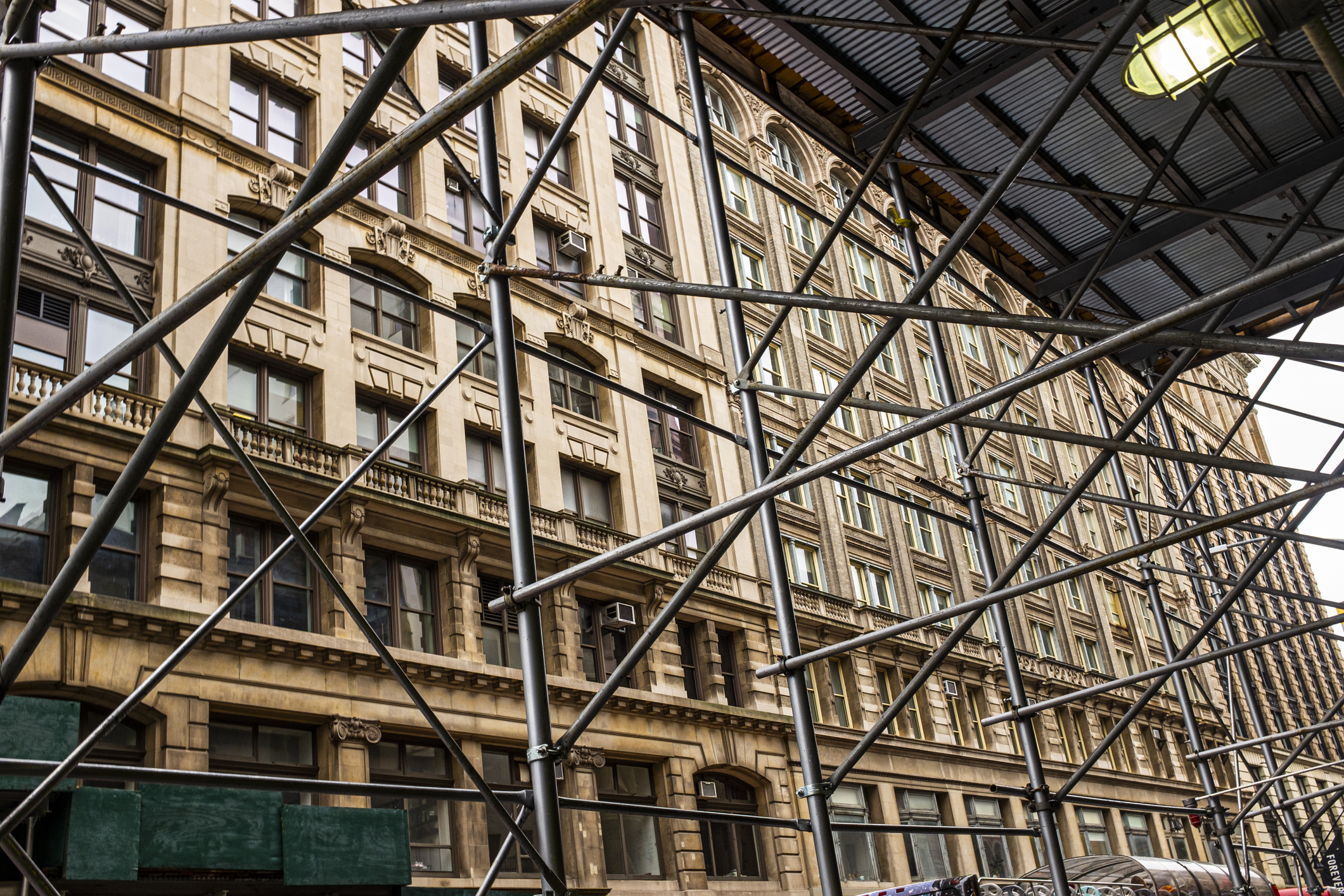Proper scaffolding practices are essential in preventing accidents and injuries on construction sites. Employers and contractors are legally obligated to provide a safe working environment for their employees and adhere to relevant safety regulations for using mobile scaffolds.
Scaffolding presents various risks, including falls, structural collapse, and falling objects, which can lead to severe injuries or fatalities. Employers are responsible for ensuring their workers’ safety by adhering to safety regulations, providing proper training, and maintaining scaffolding equipment to minimize these risks.
When employers fail to adhere to safety regulations, they risk accidents, injuries, or fatalities among workers. This can lead to legal consequences, financial losses, and damage to their reputation.
Understanding Mobile Scaffolds
Mobile scaffolds are versatile, temporary elevated work platforms engineered for easy movement and repositioning during construction and maintenance projects. They grant workers safe access to elevated areas, enhancing productivity and efficiency. Various types of mobile scaffolds exist, including rolling towers and portable scaffolds, each designed to meet specific project requirements. These scaffolds can be rapidly assembled and disassembled, allowing seamless integration into project workflows. Their adaptability makes them popular for numerous applications across diverse industries, such as painting, electrical work, and exterior building repairs.
Potential Hazards of Mobile Scaffolds
There are several primary hazards associated with mobile scaffolding, including:
- Instability and Tipping: Improper assembly or placement on uneven surfaces can lead to instability, causing the scaffold to collapse or tip over. This can result in severe injuries or fatalities for workers on or near the scaffold.
- Falls from Heights: Workers are at risk of falling from mobile scaffolds if they are not properly secured or if the scaffold lacks appropriate guardrails. Falls from heights can cause serious injuries and even death.
- Falling Objects: Objects or tools falling from scaffolds pose a risk to workers and bystanders below. Properly securing materials and tools is essential to prevent accidents caused by falling objects.
Safety Measures to Prevent Scaffolding Accidents
To enhance safety when working with mobile scaffolds, consider the following guidelines:
- Proper Assembly and Inspection: Follow manufacturer instructions for assembling scaffolds and conduct regular inspections to ensure stability and structural integrity.
- Secure Footing and Level Ground: Place scaffolds on stable, level surfaces to prevent tipping or instability. Use adjustable legs or base plates as necessary to ensure secure footing.
- Guardrails and Fall Protection: Install adequate guardrails and fall protection systems on scaffolds to prevent falls from heights. Ensure workers use appropriate personal fall arrest equipment when required.
- Safety Training and Supervision: Provide comprehensive training programs to educate workers on scaffold safety practices. Ensure proper on-site supervision to monitor compliance with safety regulations.
- Regular Maintenance and Repair: Perform routine maintenance, repairs, and equipment replacements to keep scaffolds in optimal condition and minimize the risk of accidents.
Employer Responsibilities and Legal Rights
Employers are legally obligated to provide safe working conditions and comply with relevant safety regulations, such as those related to scaffolding. Injured workers have the right to pursue compensation through personal injury claims, including:
- Medical expenses
- Lost wages
- Pain and suffering
Seeking Legal Assistance: Let Us Help You
If you have been injured in a scaffolding accident, consult a personal injury attorney to know your rights and options. The New York personal injury attorneys at Wingate, Russotti, Shapiro, Moses & Halperin, LLP have over 50 years of experience handling complex construction site accidents and can help you navigate the legal process.
Contact us at (212) 986-7353 for a free consultation to discuss your case and learn how we can advocate for your rights and secure the compensation you deserve.


